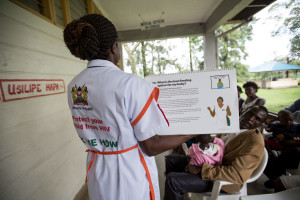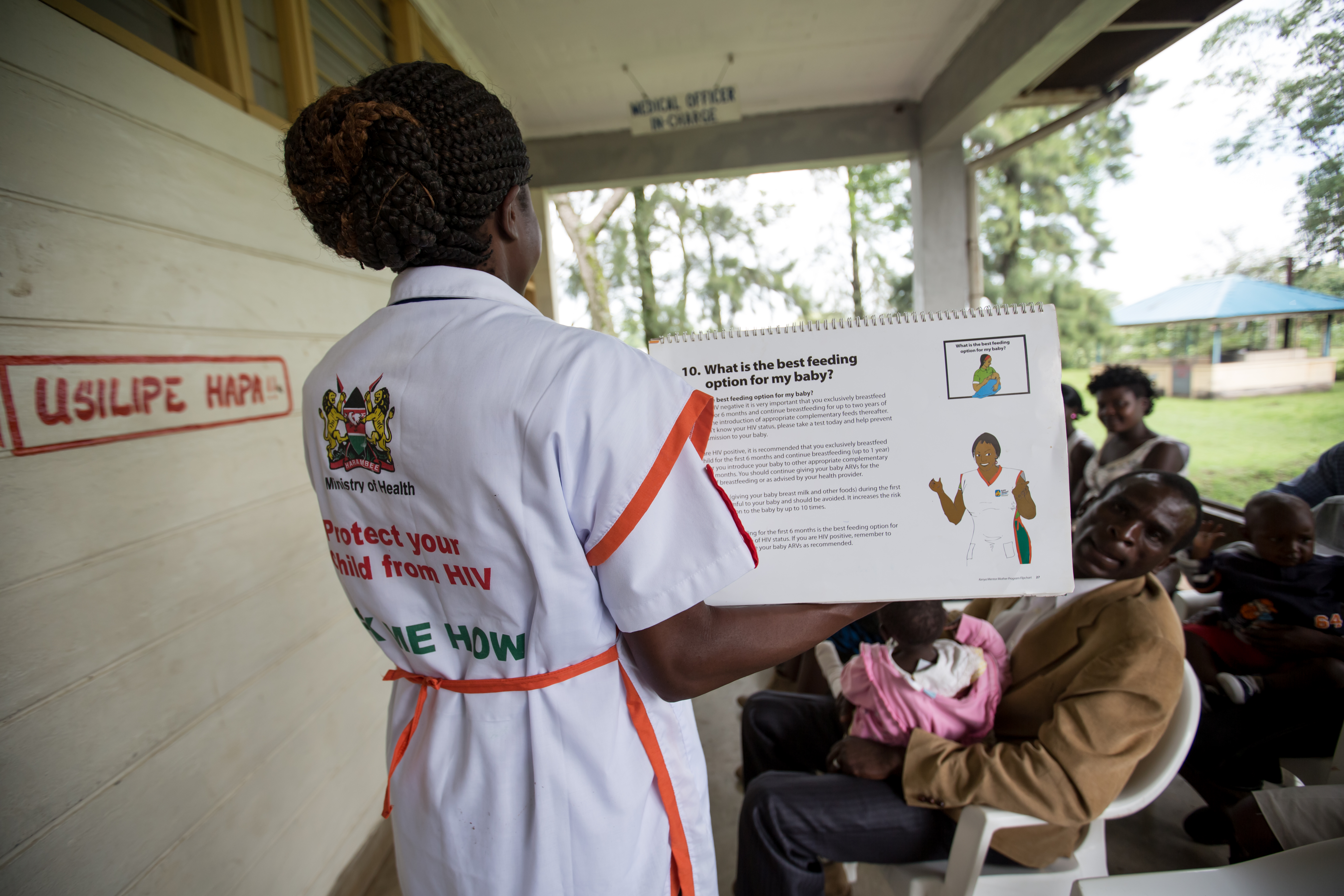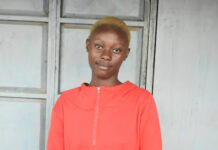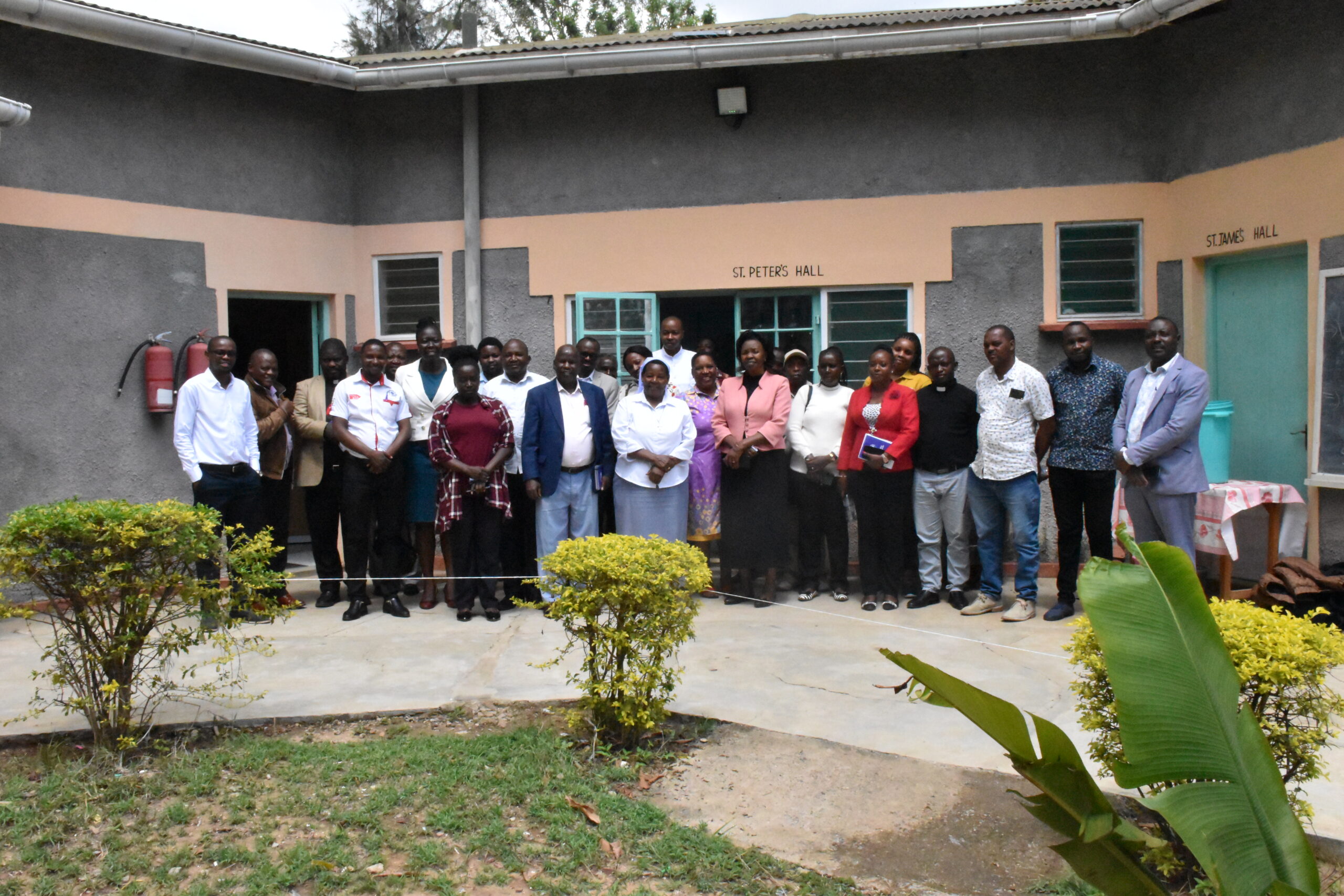BY Albert Mwangeka
The bond between a mother and baby is evident as she fondly holds and suckles on to her mother’s breast.
The baby gets distracted as the mother gets close to the voice recorder.
”I knew my HIV status in 2012 when I was pregnant with this baby. I was shocked. I know my husband infected me with that virus. When I came back from my rural home to Nairobi rumour had it that he was having an affair with a sugar mummy. One day I tried to ask him about his health status but he almost hit me. I even contemplated suicide’‘, says Dorina Aswani mother of three as she struggles to fight back tears.”
According to the National AIDS Indicator Survey (KAIS )2012, Aswani represents one of the 1.6 million people living with HIV and AIDS in Kenya.
UNAIDS estimates that in 2010, 57.5% of this population constitutes of women, meaning there were more women who were HIV+ compared to their male counterparts.
‘’I have been living with HIV for 12 years. I had syphilis and gonorrhea and doctors decided to take blood samples and undergo a HIV test. I wanted to abort the pregnancy because I knew the baby and I had no future. I thought I would give birth to a dead baby because I was HIV+. I had lost hope,” narrates 26 year old Esther Awinja from Mathare slums in Nairobi.
These two ladies have been able to give birth to children who are HIV- despite their HIV status.
“Nearly 80% of HIV+ pregnant women have been provided with services to prevent them from passing the virus to their babies,” says Cabinet Secretary for health James Macharia.
A 2012 report from Non Governmental Organization Mothers to Mothers says that approximately 800 children were born HIV positive,90% of these cases are from Sub Saharan Africa.
These infections occur during child birth and during breastfeeding.
Communication Officer, Rehema Kahurananga says that HIV+ pregnant women do not get adequate attention from health workers due to the volumes of people streaming in these institutions.
”However I cannot blame the public officers because they have a heavy workload so they have to attend to numerous clients. Mentor Mothers came on board to cushion this pressure. We believe in the power to eliminate pediatric AIDS .” explains Kahurananga.
The HIV+ mothers receive counseling to be able to live positively. They get different sessions of counseling when they are alone and with their husbands. They are given advice on nutrition and also a conducive environment is offered to support their children. “Stress is not a good thing for these women. A mentor mother is a HIV+ woman who helps a pregnant HIV+ woman carry her baby to term .“says Julie Obiero, a mentor mother.
Ironically Obiero confesses it took time for her to accept her status when she discovered she was HIV+,that was before she became a Mentor Mother.
“I was in denial and I did not take my baby to the clinic. He later turned out to be negative . I just thank the Almighty for protection of my young one. However, I advice mothers in my situation not to follow my actions. It is very risky and you can easily pass the virus to your baby if you do not seek medical attention.” advises Julie.
Similarly, Dorina Aswani adds on how mentor mother sessions gave her hope. She was happy to realize that there are many other women who are living positively even after realizing they have been infected.
“ When I was pregnant I received counseling from the mentor mothers. During their sessions I met fellow women who were in my situation. This brought a breath of fresh air into my life. We freely revealed our HIV statuses with no fear of discrimination and stigmatization. I learned that with good nutrition and proper intake of medication in a disciplined routine one can live a positive life.” Aswani continues to narrate her story.
Government of Kenya statistics reveal that more than 3 million mother to baby HIV infections have been averted.
The ministry of Health report indicates, a reduction of infection in 2010 and 2012 with 15% of HIV prevalence amongst children under 5.
Without intervention the risk of mother to child transmission of HIV is 20-45% with the highest transmissions being seen in populations with prolonged breastfeeding patterns.
“HIV+ mothers have to breastfeed the first 6 months exclusively to boost their immunity. Breaking this nutritional requirement puts the baby at risk of being HIV+,” says Ruth Masha from UNAIDS.
Aswani says that her husband knows her about status but he has refused to be tested. Many women experience the same challenge by having their spouses refusing to go for testing an dputting them in danger of reinfections .
She expresses her fear that she almost thought that she would infect her baby because she never used to consistently take her ARV drugs.
She adds that she did not want her husband to realize she was on ARVs because she was scared she would be divorced if the husband knew she was HIV+.
The Millennium Development Goals MDGs adopted in 2000 designated empowerment of women, maternal and child health and combating spread of HIV and AIDS as four of the eight priorities for advancement of global health and development.
By 2015, goals three, four, five and six aim to: eliminate gender disparity in education, reduce global under-five mortality rates by two-thirds, decrease maternal mortality ratios by three quarters and halt spread of HIV and AIDS.
PMTCT ( Prevention of mother to child HIV transmission )has come into focus to help achieve these four goals.
The Global Plan released in2011 by UNAIDS refocuses on reaching these MDGs goals by refocusing effort to prevent Mother-to-Child transmission.
The plan aims at reducing by 90% reduction of childhood HIV infections and reducing HIV related maternal deaths by 50%.
The Global Plan in which Kenya is a signatory state calls for use of Mentor Mothers to achieve this.
We are in 2015 and many experts have predicted that many nations, Kenya included will not reach the set targets of achieving the Millennium Development Goals.
This is an important year where MDGs expired and SDGs adopted and there is need to achieve the post 2015 development agenda of Sustainable Development Goals (SDGs).
Some of the SDG targets include achieving gender equality, social inclusion and Human Rights an element the Mentor Mothers initiative sets to achieve.














